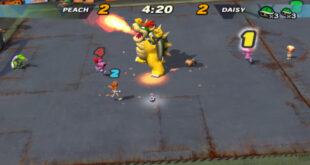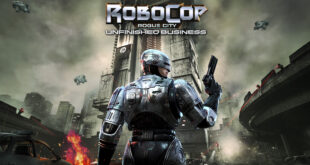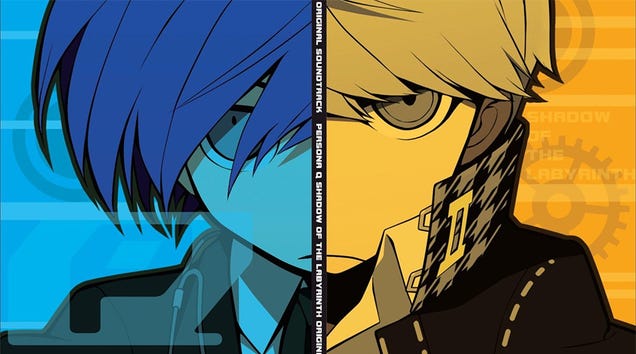
A cross-over dungeon crawling RPG between two of the biggest games to have ever hit the gaming world. What more can you want? This is Persona Q.
Persona Q (or PQ) is the love child between Shin Megami Tensei: Persona and Etrian Odyssey, and everything about it is a shout out to the fans who made the success of the Persona franchise possible. In short, Persona Q, while an excellent game on its own, is essentially the quintessential fan-service game.
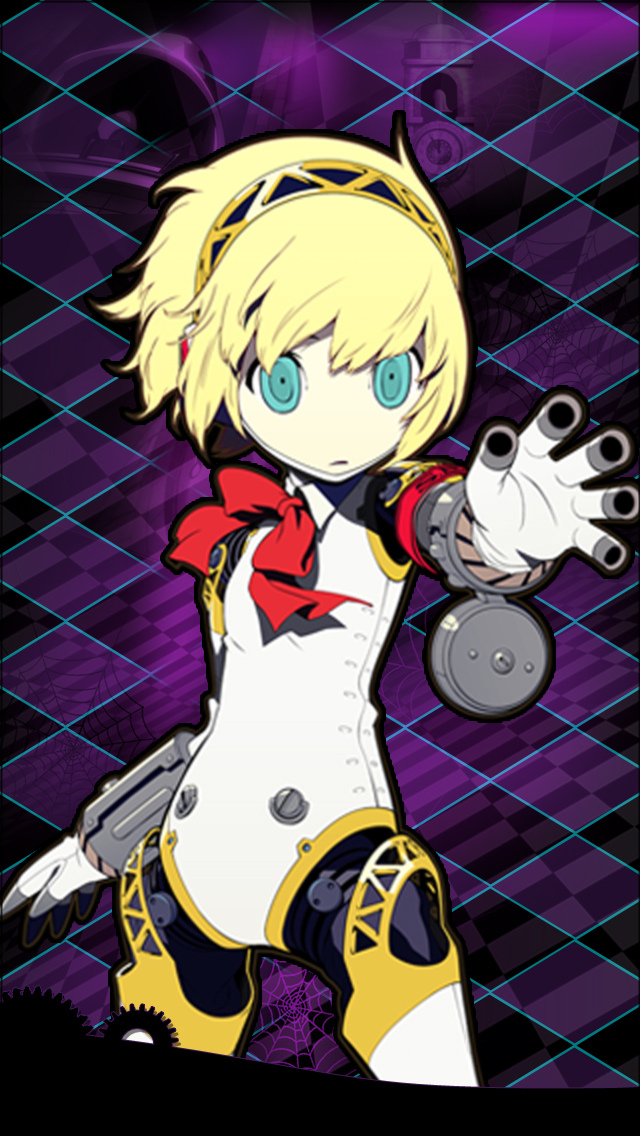
Graphically speaking, the game looks amazing. The Chibi rendering of the Persona characters is a welcomed addition and made me see the characters that I know and love in a different light. While essentially different looking from their more usual, realistic design, fundamentally speaking the characters are still themselves even in their smaller, cuter form. The dungeons all look great too and I love the fact that they all follow a certain theme. For example, You in Wonderland, the first dungeon, is basically Atlus’ retelling of the classic tale of Alice in Wonderland.
The monsters and puzzles are all reminiscent of Lewis Caroll’s world. The Personas of course return and take their Persona 4 forms while the exclusive Personae from Persona 3 retain their classic design, although their portraits have been updated so that’s a definite plus. I also like the Blue and Yellow themes in the game and playing through Episode P3 and Episode P4 (Oh. Episode was how they referred to the P3 and P4 stories in Persona 4 Ultimax. Whatever. I loved them all.) was definitely an awesome experience for any Persona, nay, any RPG fan.
Music? Persona Music. Nuff said. Seriously speaking though, while Shoji Meguro (Composer for both Persona 3 and 4) does not have a hands-on participation with the composition of the music, Atsushi Kitajoh and Toshiki Konishi who were originally part of the team who arranged the songs for other Atlus and Team Persona titles at the helm have proven their capabilities and were more than up to the task. (I mean having worked on Persona 2 Eternal Punishment’s soundtrack on your resume is a pretty big deal, believe me) The songs and BGM featured in the game lived up to their name as Persona tracks and boy oh boy did I enjoy each and every one of them. From the battle theme to the mood-setting and oftentimes eerie BGM (especially for the second map), I can confidently say that the music in Persona Q will not lose to Shoji Meguro’s works, and they have done a wonderful job in setting their work apart.
The voice acting in the game is superb! The cast from P3 and P4 cast returns and Yuri Lowenthal as Persona 3’s Minato Arisato AND Persona 4’s Yosuke Hanamura interacting with each other was really funny and fulfilling for ANY Persona fan. I also enjoyed the performance given by Karen Strassman as Nanako and Aigis. Seriously, pulling off an emotionally attached Anti-Shadow Suppression Weapon while being extremely cute is quite a feat.
Also worth noting is Erin Fitzgerald’s performance as Chie. The first time around (P4G) wasn’t exactly a welcomed change by some of the older Persona fans but come Persona 4 Arena, we can see how much she has evolved, but Persona Q saw Erin perfecting the Chie voice. Man who am I kidding? Everyone was awesome. Kudos to Tara Platt and Laura Bailey as they were also even more special this time around and I especially loved listening to their navigation pack.
The gameplay is, like everything else about Persona Q, excellent. The game is essentially a dungeon crawler akin to the Etrian Odyssey games with some Persona elements embedded into them. The famous social link system is absent from the game (You know, so you don’t accidentally mess up series canon) but that is replaced by the stroll feature which basically shows your favorite characters from Persona 3 interact with your favorite characters from Persona 4, and if that’s not enough to wet your mouth with drool then I don’t know what will.
Oh yes, everyone having the ability to wield 2 Personae at any given time! The wild card system was scrapped for a more primitive Main/Sub Persona one similar to the older Persona games. This could have been done for balancing issues since the party does have 3 Wild Card users in the persons of P3 Protagonist (Minato Arisato to some), P4 Protagonist (Narukami Yu) and Aigis. The Wild Card is basically the ability to summon and wield multiple Personae.
Each character is given the option to wield two personae with the exception of Rei and Zen who cannot wield their “True, Inner-selves” for reasons that will be explained as you play through the game. Anyway, as each character can wield an additional persona aside from their main and true persona, this can open up various strategic functions such as assigning Ice Abilities to the Fire-Centric Yukiko Amagi and the opposite to Ice/Debuff hybrid Mitsuru Kirijo. Mix and match various personae and various movesets to find the perfect fit for your dream persona party.
While Igor does not make an appearance in the game, his role is taken over by the ever lovely Margaret who is joined by her protégé and Marie and her siblings Elizabeth and Theo. Margaret takes care of handling the Persona compendium and Persona fusion, Marie takes care of the various streetpass features, Elizabeth takes care of your party’s wounds and side-quests while Theo handles the item and equipment shop.
The battle system is a new battle system that takes after the one used in Etrian Odyssey more, though it still retains some features from the One More system from Persona. Enemies struck with their elemental weakness may be knocked down but doing so will not merit a second, consecutive attack though the next attack is boosted and is SP or HP free.
https://www.youtube.com/watch?v=vifYVl-pyT8
Of course, successfully knocking down all of the enemies will merit the fan-favorite all-out attack. It’s always amusing to watch your favorite characters beating on shadow monsters bent on world domination.
https://www.youtube.com/watch?v=JyXHsPN_yOU
Seeing as how the game puts together the cast of Persona 3 and Persona 4 together, it’s only natural to have a bigger party and PQ does that pretty well. Parties are now composed of 5 members instead of the usual 4 and their placing actually merits strategic value. For example, spell-centric characters such as Naoto Shirogane and Yukiko Amagi are best placed in the back while brawlers and tanks such as Akihiko Sanada and Kanji Tatsumi are best suited for the front lines. It’s also downright fun to see Minato and Yu in the same party…or you could build the most fantastic Persona harem ever. (Mine was Mitsuru, Aigis, Naoto and Chie)
https://www.youtube.com/watch?v=qJyY5Olzwrk#t=57
I also appreciated the fact that the map is essentially something that the player will have to draw themselves. Yes, the game makes use of the DS Touchscreen by making the player make their own maps. It was difficult to comprehend at first but I slowly realized how this system could be a big help for RPG gamers like myself. I also appreciated the fact that I could mark important spots and downright personalize where and how I see important landmarks to the game.
Persona Q also offers a few DLCs which only serve to enhance the already complete game experience that is Persona Q and they are completely unnecessary to complete or enjoy the story. Most of them are either additional Personae or additional navigator voice packs so if you’re worried about having to buy DLCs to complete the game, then no, your worries were unnecessary.
The controls are surprisingly easy too, and if you have played any Persona games in the past the there is no need to worry since everything feels as it should, and that for me is another big plus seeing as I used to play the Persona games on the Playstation and not the DS.
Final Thought
Persona Q is a fan-service game filled with various bits of fantasy-fueling material that Persona 4: Arena couldn’t entirely satisfy. This was the Persona cross-over game that we needed and the one that we deserved. But as a stand-alone game, I sincerely believe that Persona Q can stand on its own and still score highly on any critic’s list. The reason my review took so long in the first place was because I felt I had to completely finish the game before I could post a worthy review, which I think says something.
Now, about Persona Q’s status as series canon? Go see for yourself. The journey (You WILL play the game more than once. I guarantee it.) is well worth it.
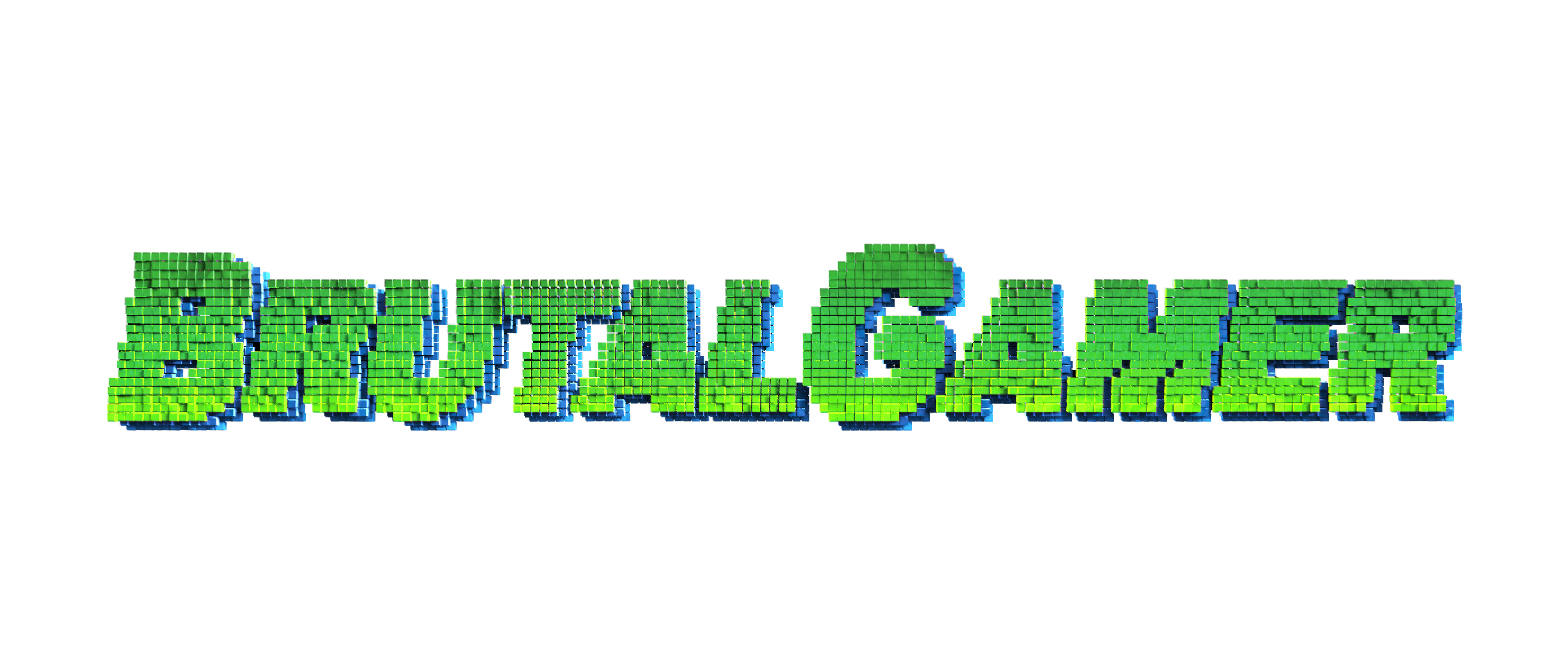 BrutalGamer Bringing you Brutally Honest feedback from today's entertainment industry.
BrutalGamer Bringing you Brutally Honest feedback from today's entertainment industry.

